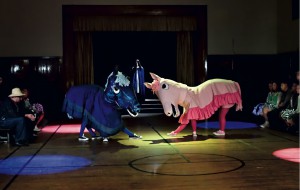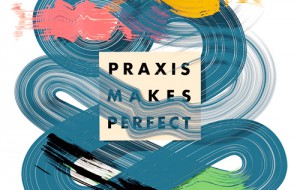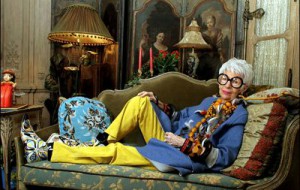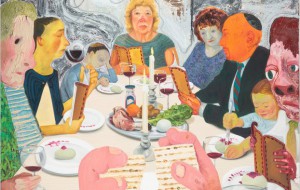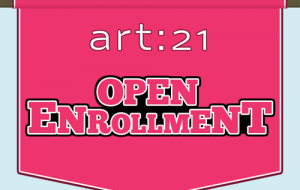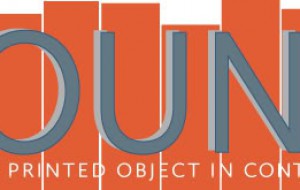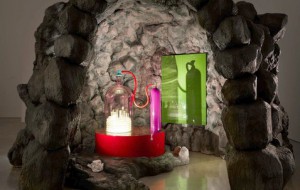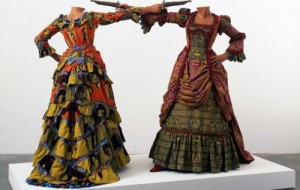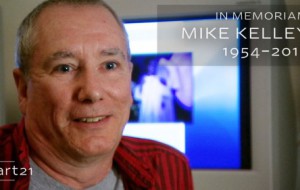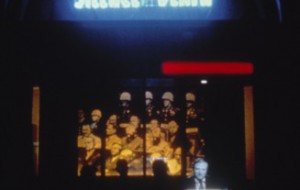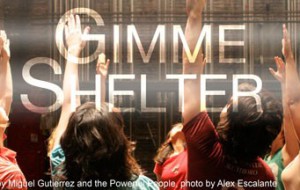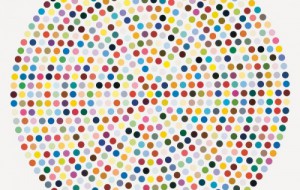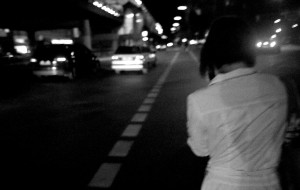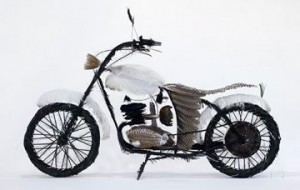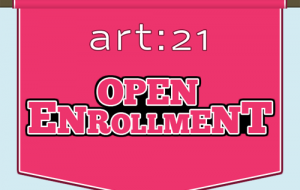Monthly Archives: February 2012
Praxis Makes Perfect
Praxis Makes Perfect | Trial & Error: On Teaching with Beverly Fishman
Praxis Makes Perfect
Praxis Makes Perfect | Trial & Error: On Teaching with Beverly Fishman
How do artists sustain both a studio practice and a full-time teaching career? Beverly Fishman, Head of Painting at Cranbrook, shares some hard-won knowledge.
Teaching with Contemporary Art
So, Three Thousand Art Educators Walk Into a Room….
Teaching with Contemporary Art
So, Three Thousand Art Educators Walk Into a Room….
From March 1st through March 4th the National Art Education Association holds their annual conference right here in New York City. Over 3,000 art educators from all levels have the opportunity to attend hundreds upon hundreds of workshops offered by colleagues from close to everywhere across the country.
Here at Art21, we have a few very special things planned….
Open Enrollment
Open Enrollment | Calling All Art History Survey Teachers
Open Enrollment
Open Enrollment | Calling All Art History Survey Teachers
Michelle Jubin is developing an online, peer-populated platform for sharing resources for teaching the art history survey, and asks readers for their input.
Gimme Shelter: Performance Now
Gimme Shelter | APAP 2012: Time Is Empty and Everything Is Real
Gimme Shelter: Performance Now
Gimme Shelter | APAP 2012: Time Is Empty and Everything Is Real
Perel reports on four highlight performances from the Association of Performing Arts Presenters Conference that took place January 6-10, 2012.
Lives and Works in Berlin
Lives and Works in Berlin | The Mystery of Anna Pavlova
Lives and Works in Berlin
Lives and Works in Berlin | The Mystery of Anna Pavlova
Ali Fitzgerald reviews Theo Solnik’s 2011 film “Anna Pavlova Lives in Berlin,” a nuanced portrait of the poetic and aggressive “Russian party queen” of the same iconic name.
Teaching with Contemporary Art
Transformation and Distortion
Teaching with Contemporary Art
Transformation and Distortion
Two of my classes begin a new unit where students are asked to work with the themes of distortion and transformation. Especially for teens, the idea of transformation- of the self, objects, symbols, even the meaning of words- is an attractive proposal. Add the multiple implications associated with distortion and it becomes the kind of field day you really want in a classroom.

